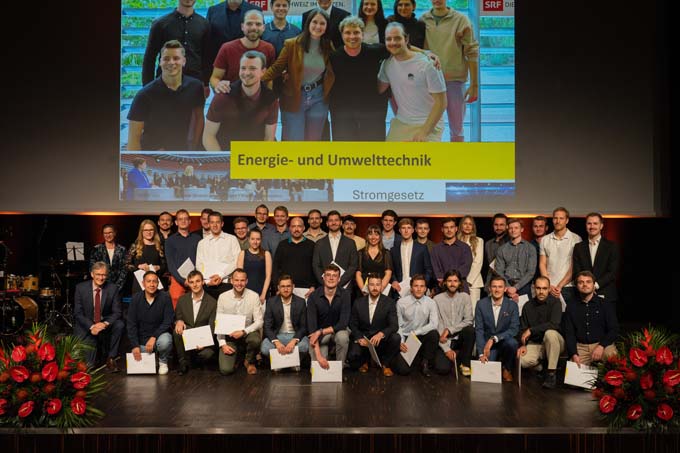Smartphone distraction is a matter of personality
As we all know, the smartphone offers many possibilities, but it also has side effects: It is distracting, for example when driving or at work. Bernese researchers now show that personality differences in the ability to control oneself can explain whether people react immediately to smartphone signals.

Anyone who owns a smartphone knows that we receive chat messages, push messages from the newspaper app or phone calls dozens of times a day. Often, the messages or calls interfere with our concentration in our current activity, be it in a professional context or while driving a car, for example. What motivates people to react immediately to a signal and pull out their smartphone? Researchers at the University of Bern wanted to find out.
Low self-control influences smartphone use
In a new study, an interdisciplinary team from the University of Bern, consisting of Prof. Dr. Sebastian Berger and Annika Wyss from the Institute of Organization and Human Resources and Prof. Dr. Daria Knoch from the Department of Social Psychology and Social Neuroscience at the Institute of Psychology, shows that people with a low capacity for self-control tend to react more immediately to signal tones from the smartphone. For their study, the researchers relied on an established method from psychology: they invited 108 subjects to participate in "experience sampling." This is a method in which the test subjects receive a message on their smartphone several times a day to answer a few questions about their current state of mind. In this specific case, the questions were about consumption experiences. However, the actual goal of the research team was to measure how long it takes a person to respond to the message. Of a total of 1,620 signals in the study (15 per test person, distributed over 3 days), 1,493 were answered. Of these, 335 were answered within the first minute. The core aspect of the study was to link the response times to the subjects' ability to self-monitor, which had been measured by standardized tests seven weeks earlier.
Degree of impulse control influences reaction time
The analysis shows the following: Individuals with lower self-control found it significantly more difficult not to react immediately to the smartphone signal. This effect remained stable even when a number of other personality traits were also included in the statistical model. "Self-control measures the ability to maintain control over an impulse," explains Daria Knoch. "This is necessary to postpone the need to act on the message until, say, when the work is done or the car has been safely driven to its destination," the neuroscientist says. Interestingly, the degree of self-control ability is not likely to explain differences in response times. "The degree of self-control cannot explain why a person responds after 11 or 12 minutes," explains Annika Wyss, "but a low degree is suitable as a diagnostic tool to explain immediate responses."
Analysis of psychological processes important for the design of working conditions
"When researching the side effects of smartphone use, it is first important to understand which psychological factors lead to the smart companions being used so often in risky situations. With self-control ability, we have now identified one of these processes," says study leader Sebastian Berger, summarizing the results. "Once again, this study demonstrates the benefits of interdisciplinary research," Berger adds. Business administrators interested in designing the best possible working conditions, for example, depend on basic research from neuroscience. The study results could be used, for example, to discuss whether it makes sense for a company to hand out smartphones to all its employees or whether, for example, emails should no longer be pushed onto employees' cell phones after work.
Source: Institute for Organization and Personnel, University of Bern









